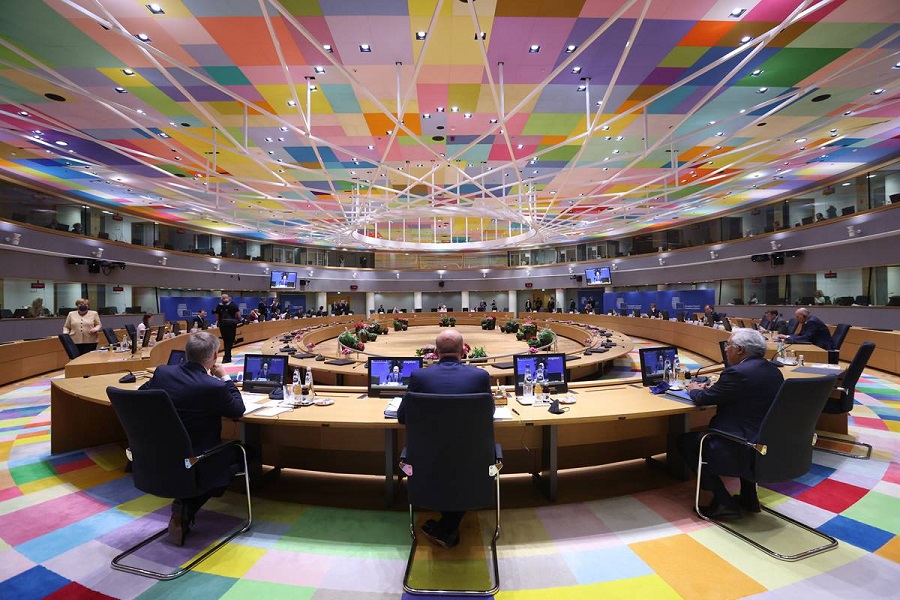Article Source: ESG Today
Article Link: https://www.esgtoday.com/eu-proposes-rules-requiring-all-new-buildings-to-be-zero-emission-by-2030/
The European Council announced today that its member states have agreed on stricter energy performance rules aimed at decarbonizing buildings as part of “Fit for 55,” the EU initiative to cut greenhouse gas (GHG) emissions by 55% by 2030, compared to 1990 levels.
The Council’s position follows initial proposals made by the European Commission in December 2021, requiring all new buildings to as of 2030 to be zero-emission, and achieving a decarbonised building stock by 2050.
Buildings are a key source of global greenhouse gas (GHG) emissions, and also one of the hardest to replace, given their long-term nature. According to the European Commission, buildings account for 40% of the energy consumed in the EU, and for 36% of energy-related GHG emissions. 80% of household energy consumption is used for heating, cooling, and hot water.
In addition to requiring all new buildings to be zero-emission buildings by 2030, the EU Council’s agreement also envisions that from 2028, new buildings owned by public bodies would be zero-emission buildings.
For existing buildings, the Council agreed to introduce minimum energy performance standards corresponding to the maximum amount of primary energy that buildings can use annually per square meter, utilizing thresholds based on the energy use of the national building stock on 1 January 2020 for non-residential buildings, and based on a 2050 net zero trajectory for residential buildings.
The EU member state agreement also envisions the requirement to deploy solar energy installations on all new public and non-residential buildings over 250 square meters by the end of 2026, and on all new residential buildings by the end of 2029.
Jozef Síkela, Czech minister of industry and trade, said:
“The building sector is crucial for achieving the EU’s energy and climate objectives for 2030 and 2050. But more than that, the agreement reached today will help citizens make substantial energy savings. Better and more energy efficient buildings will improve citizens’ quality of life while bringing down their energy bills and alleviating energy poverty.”

